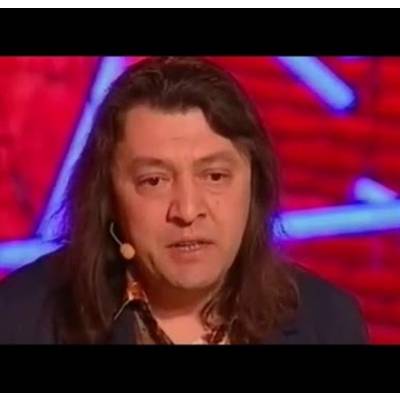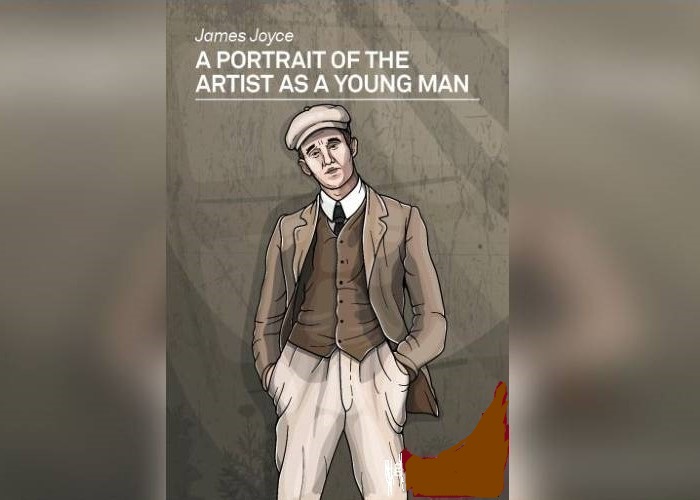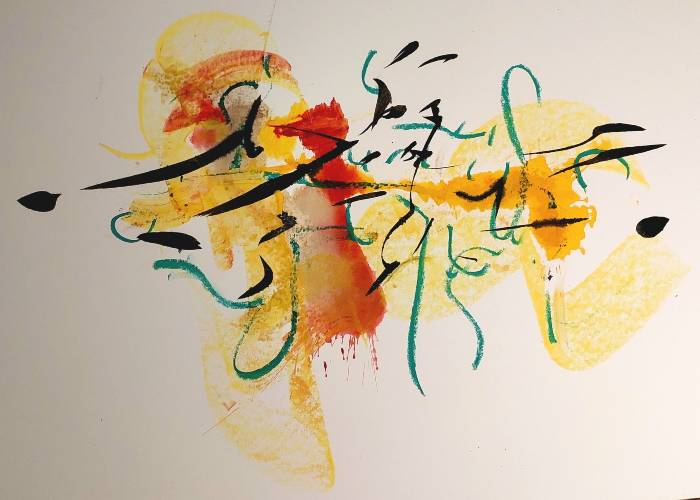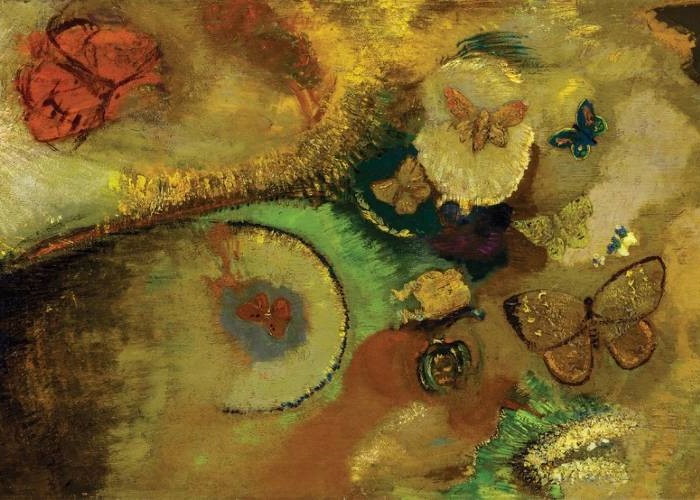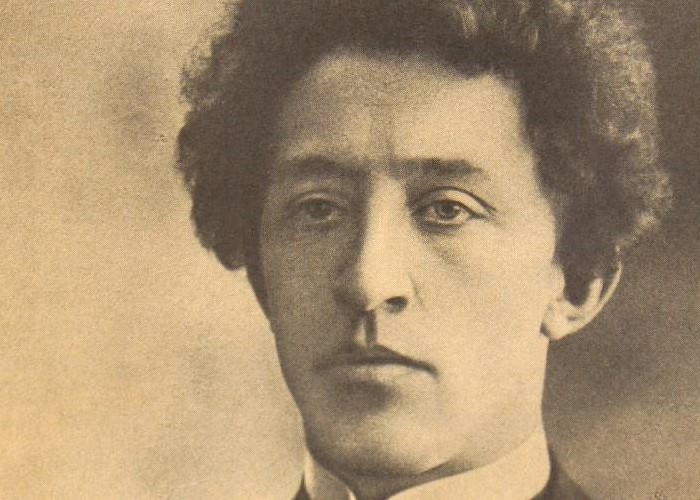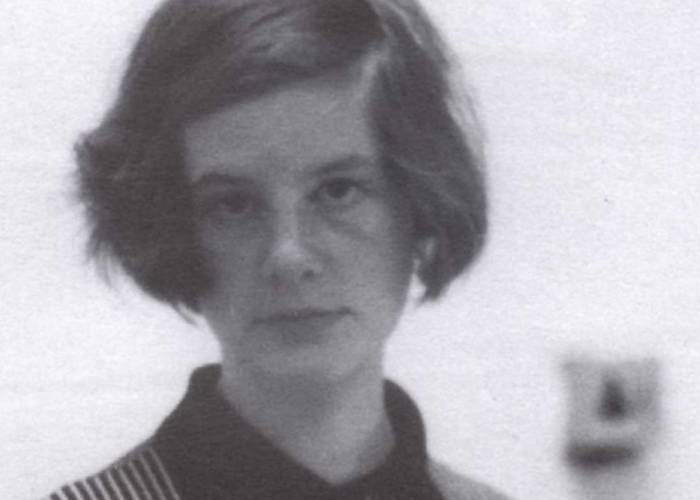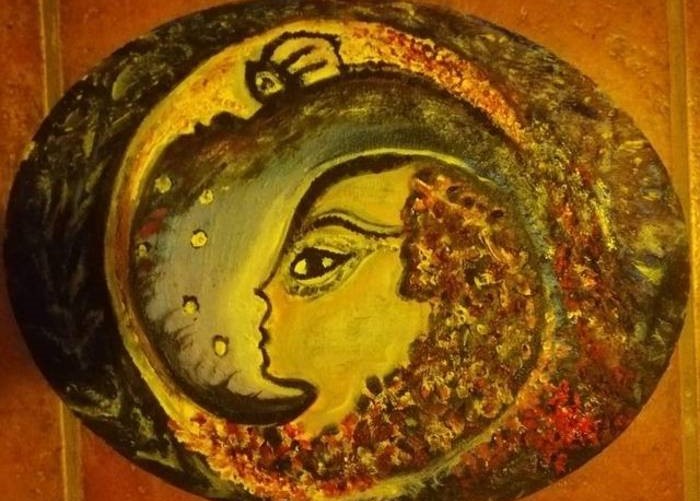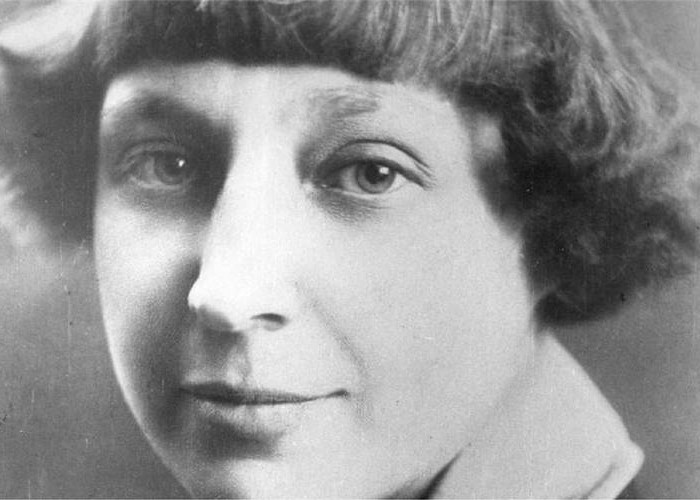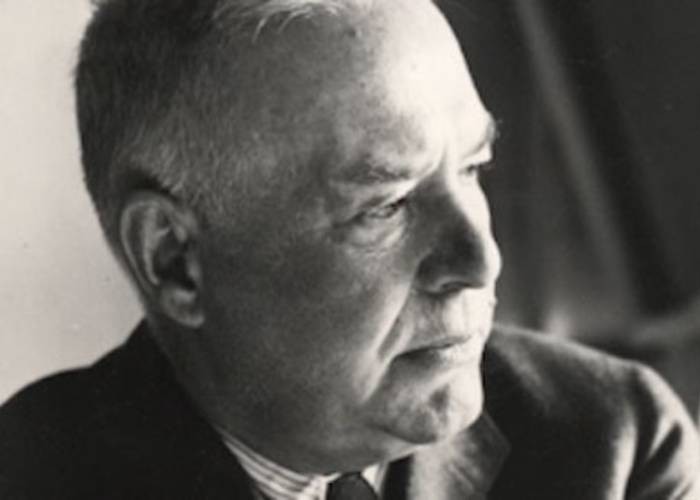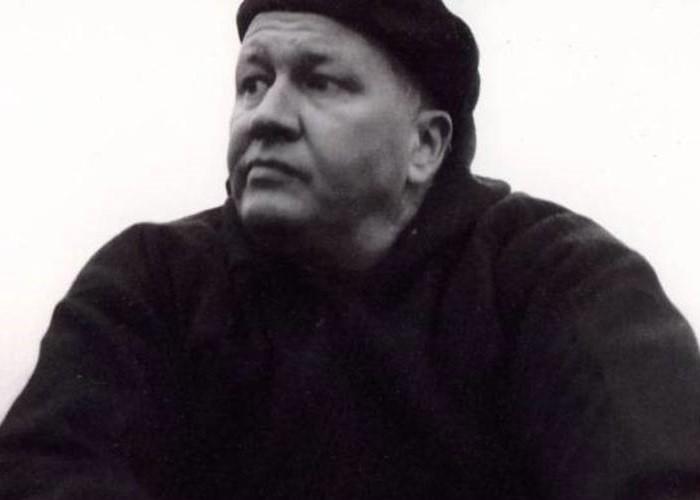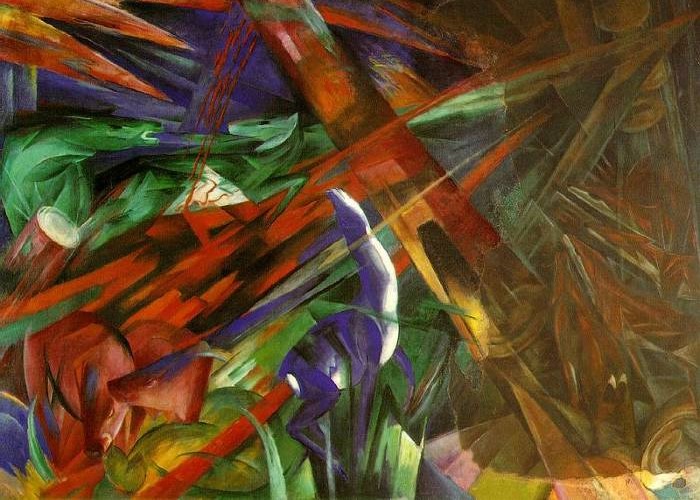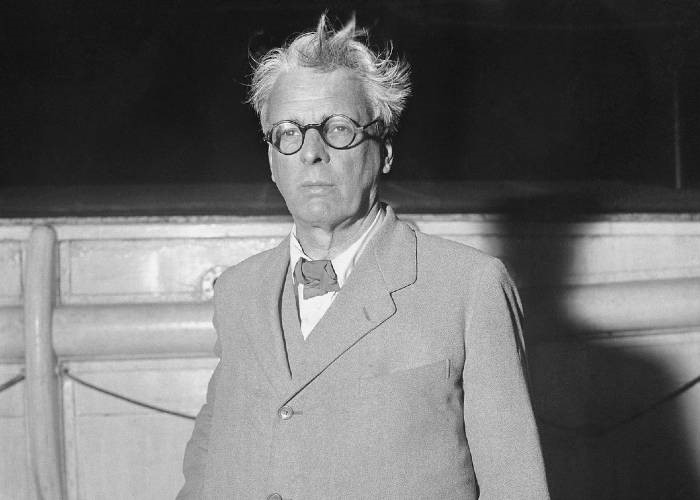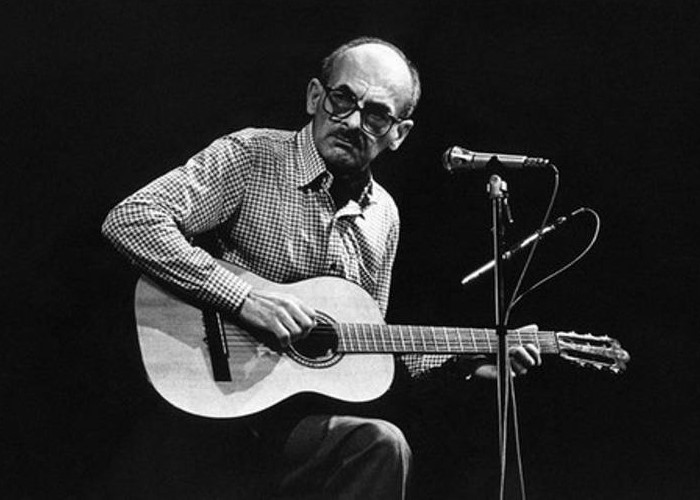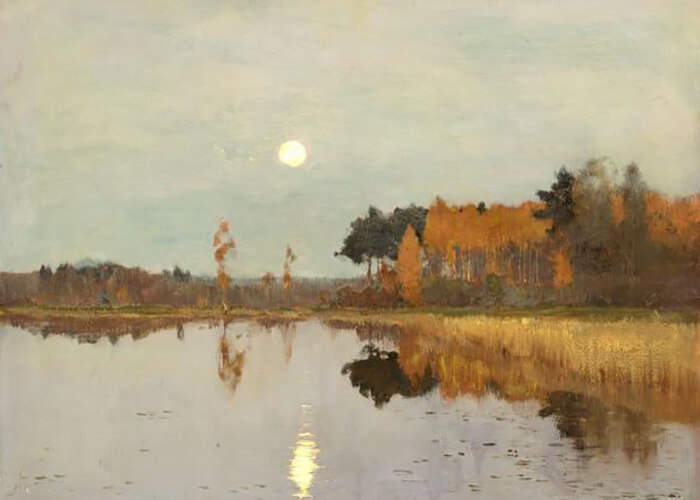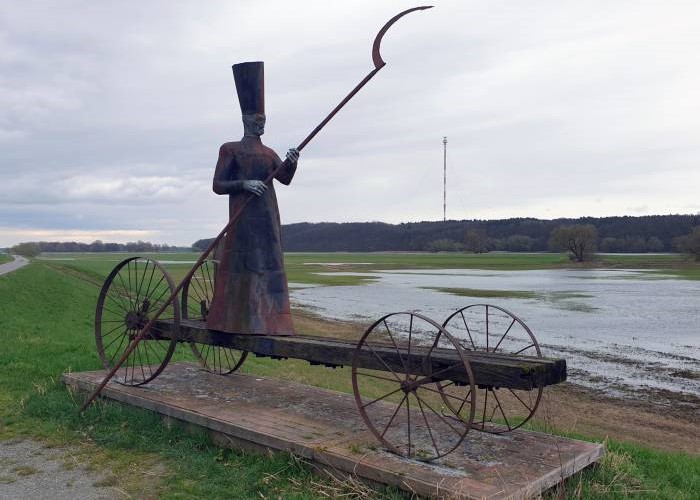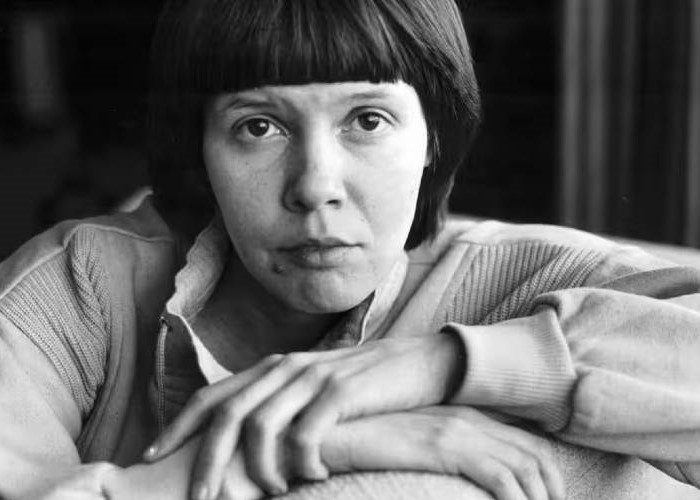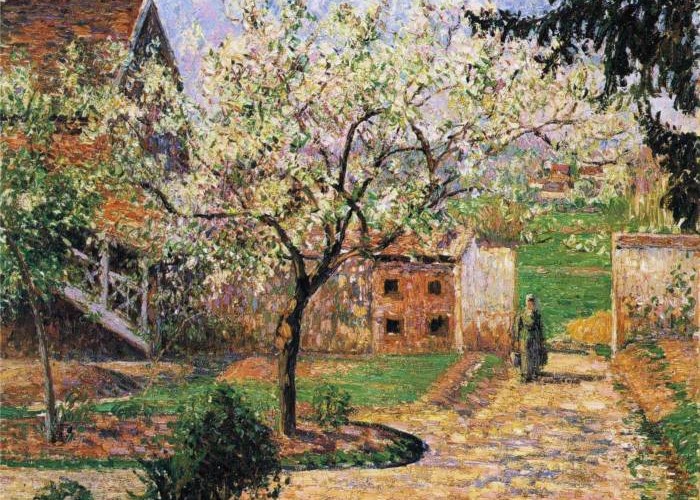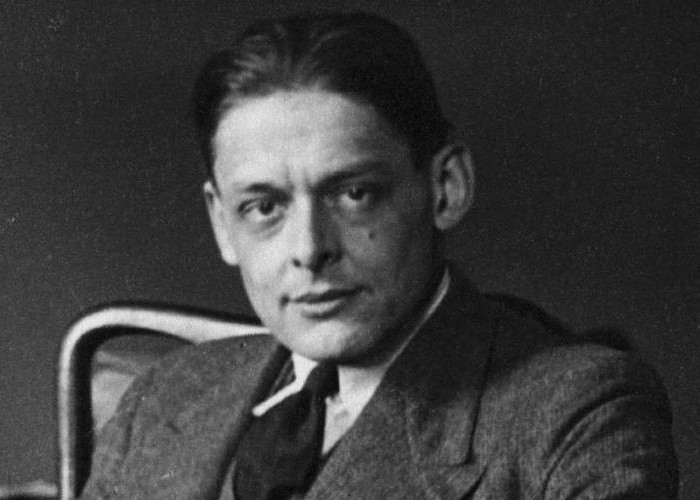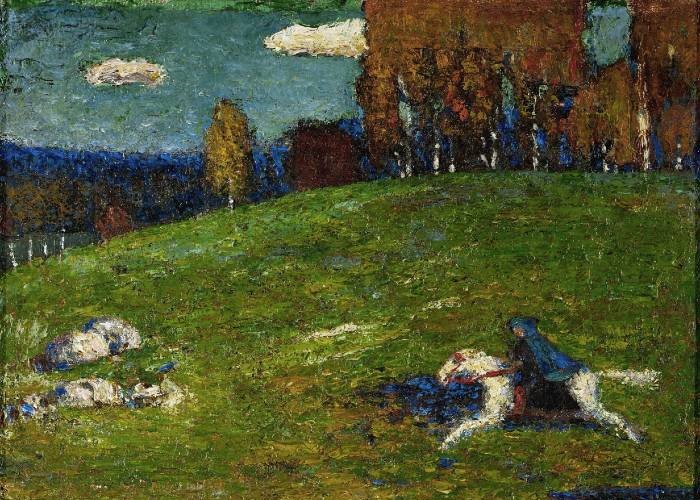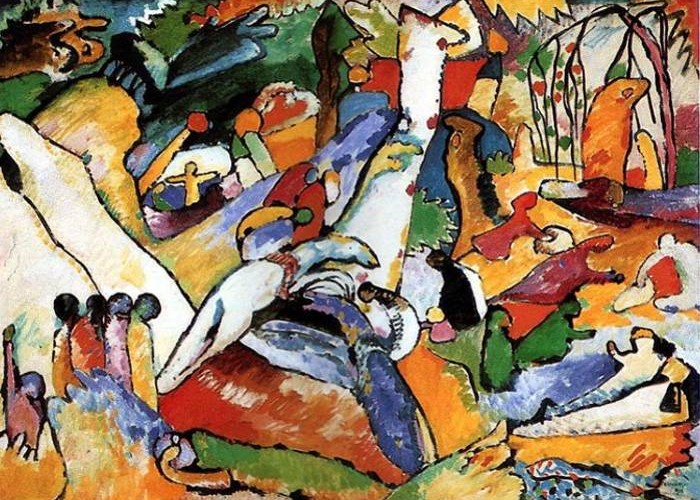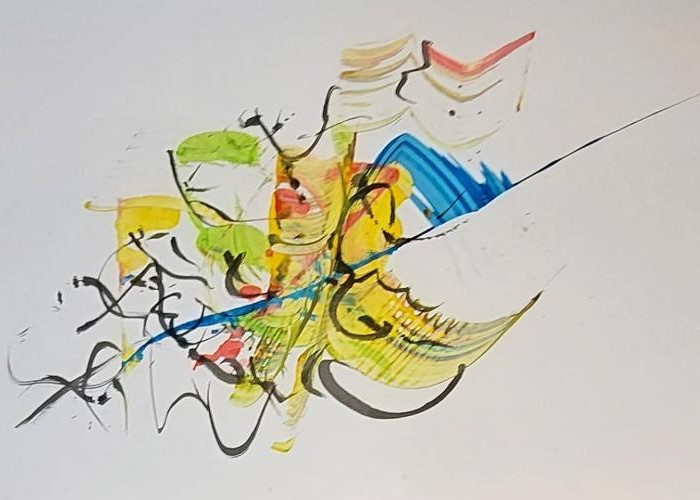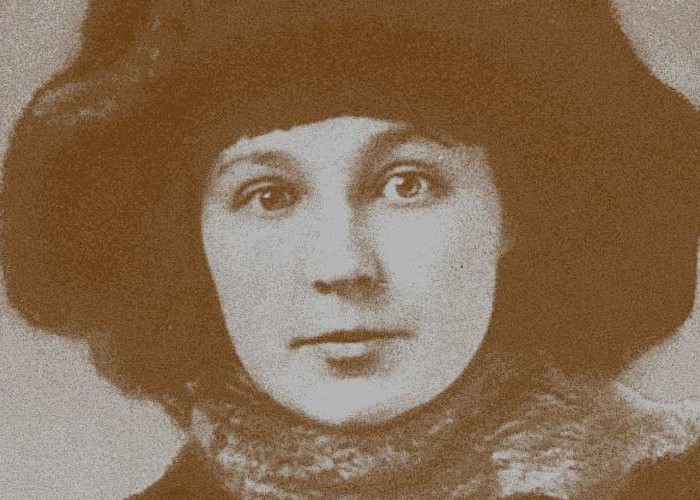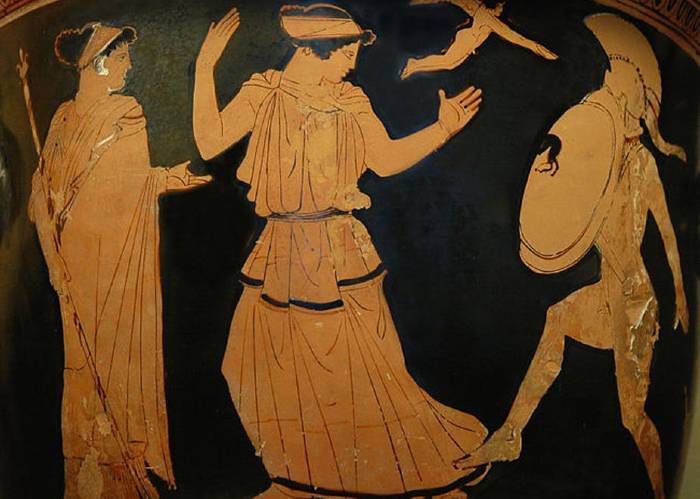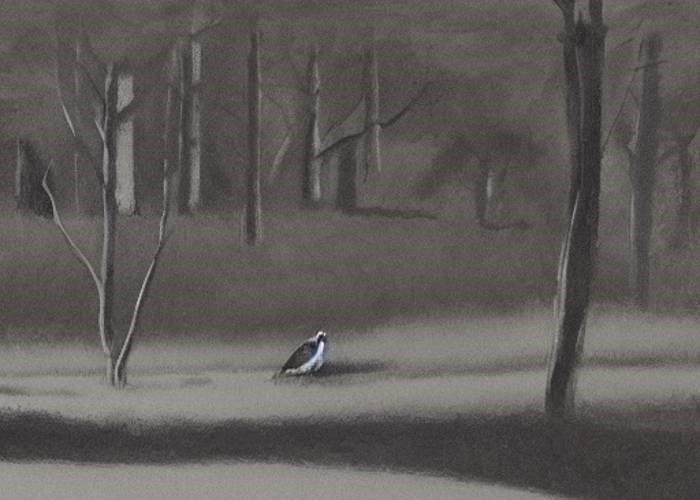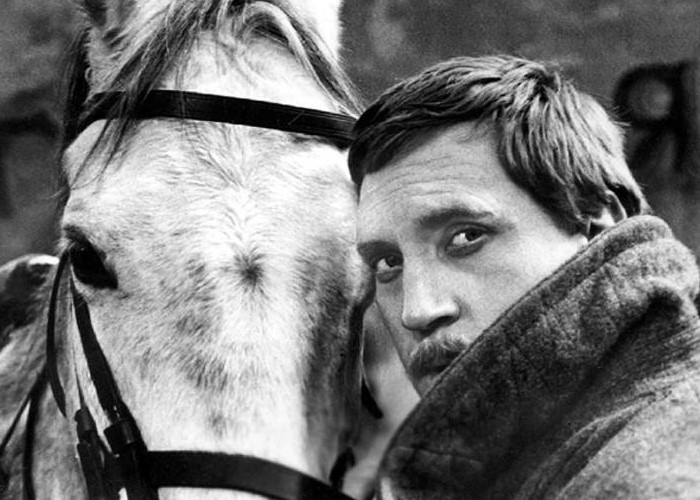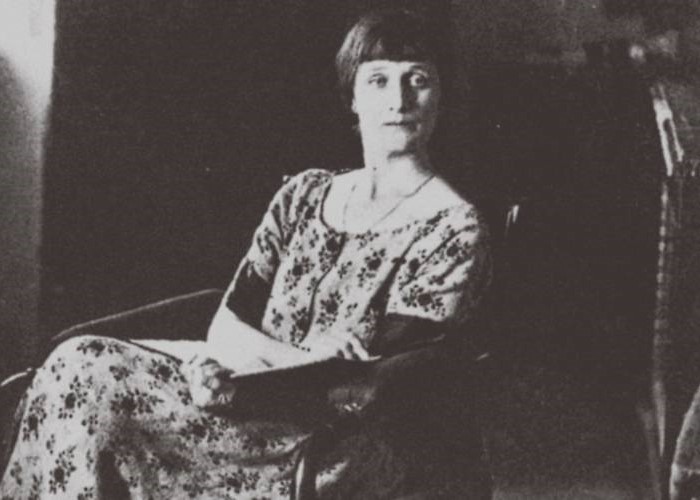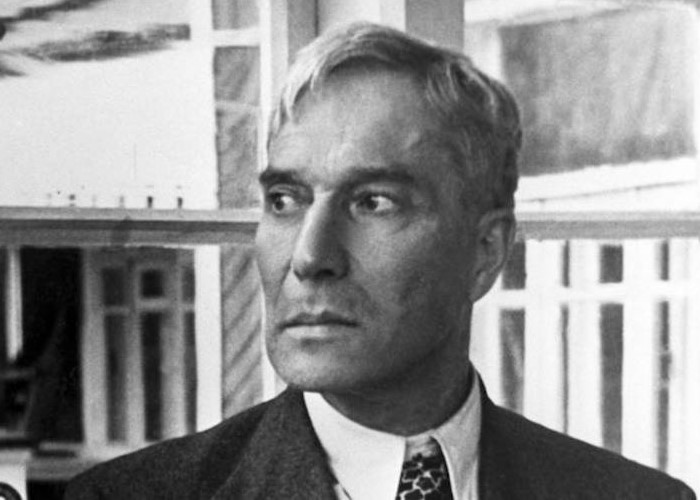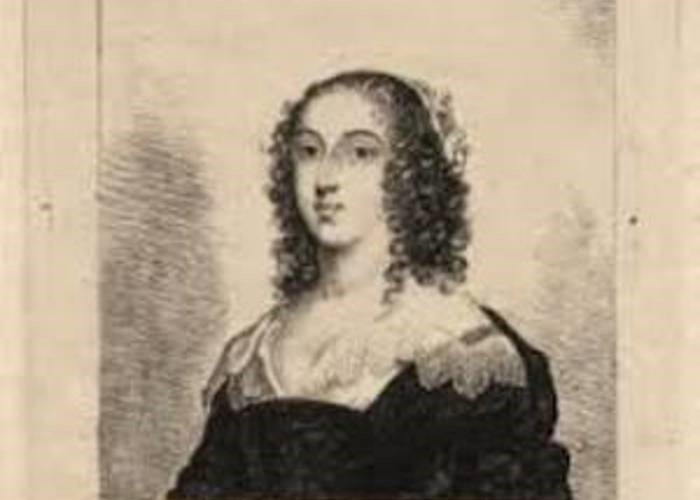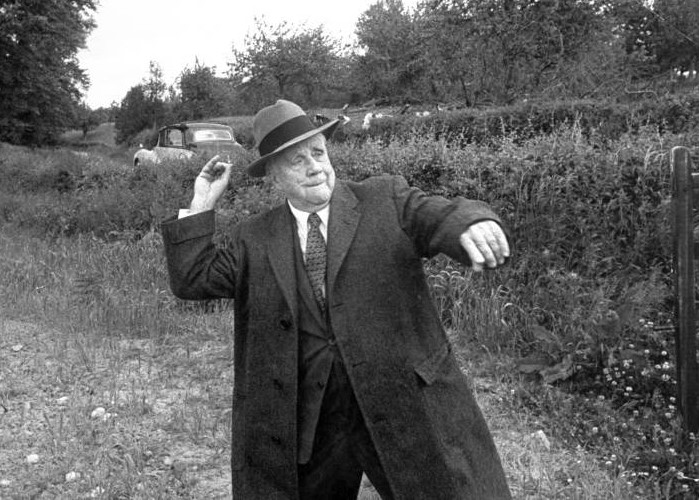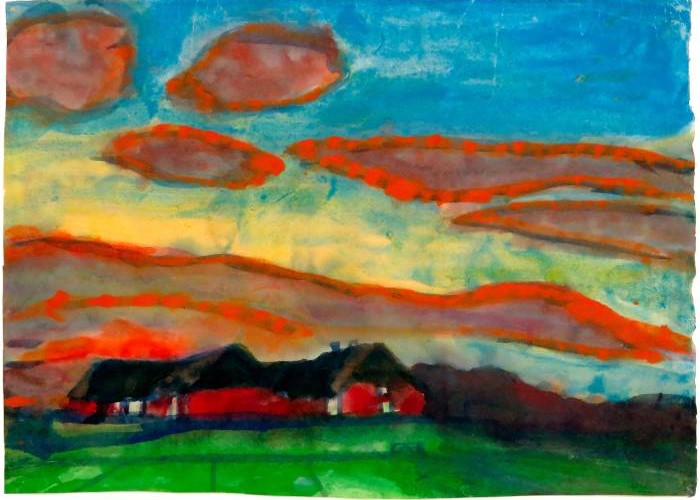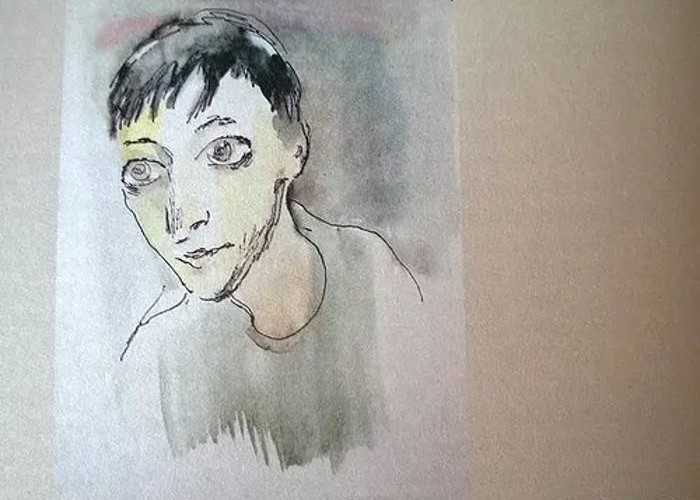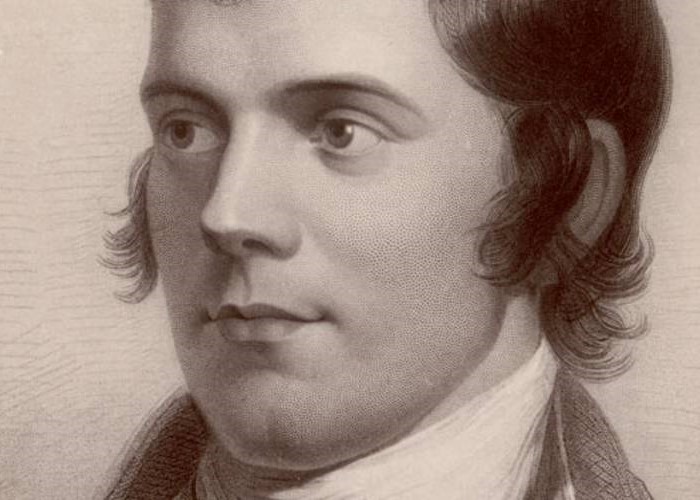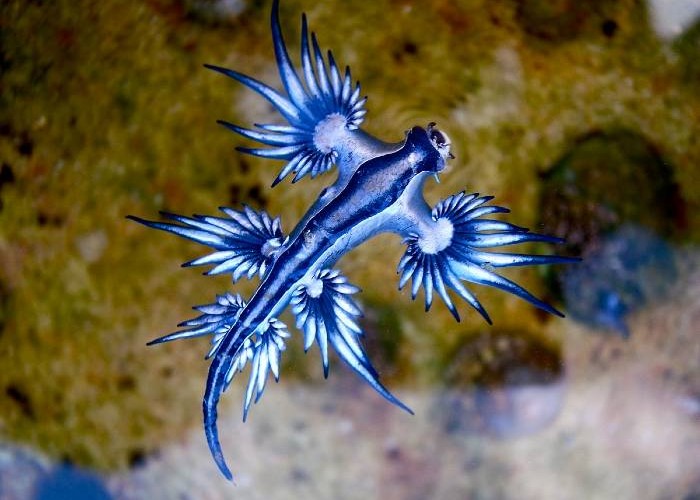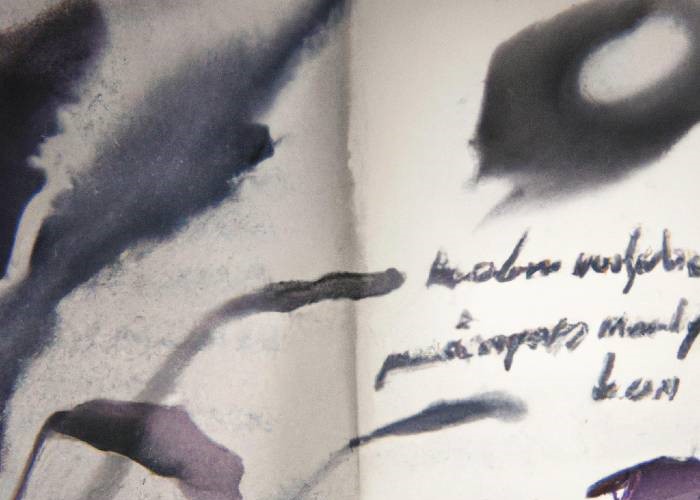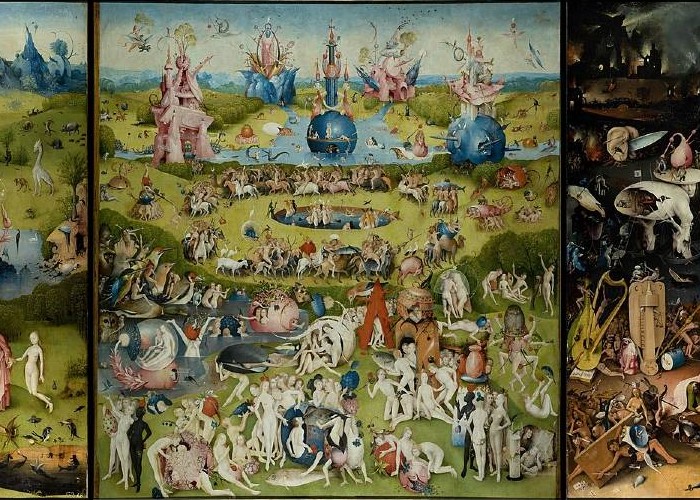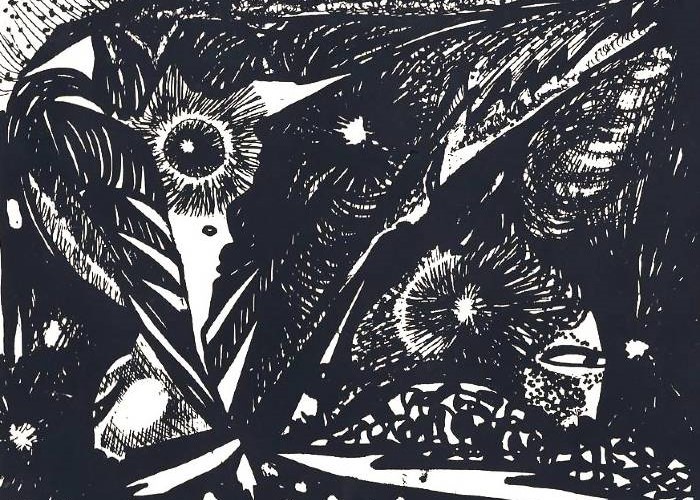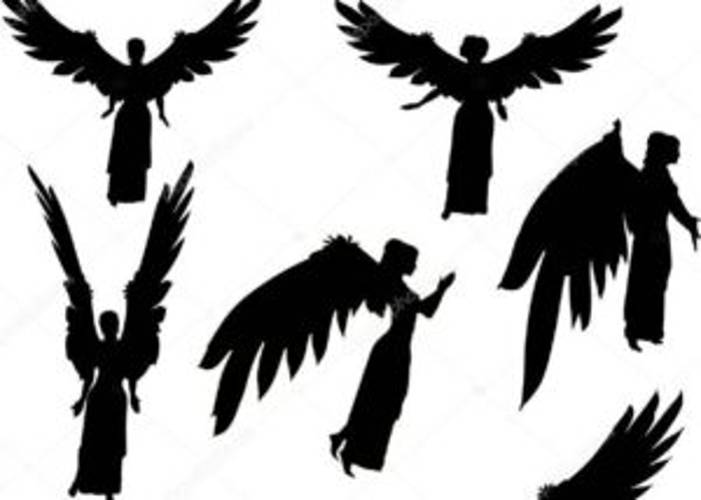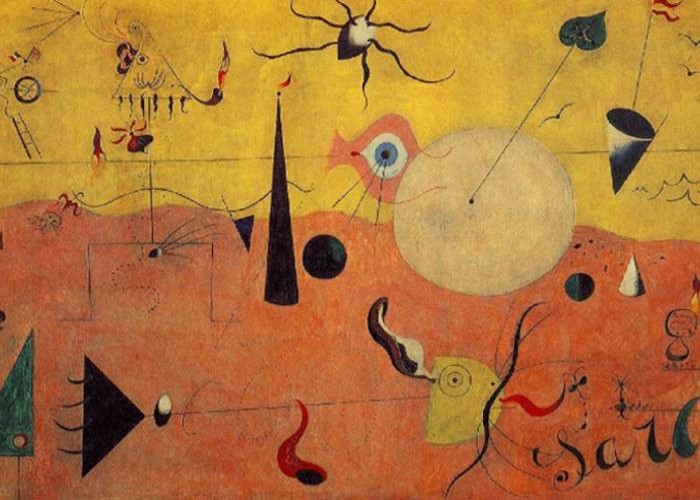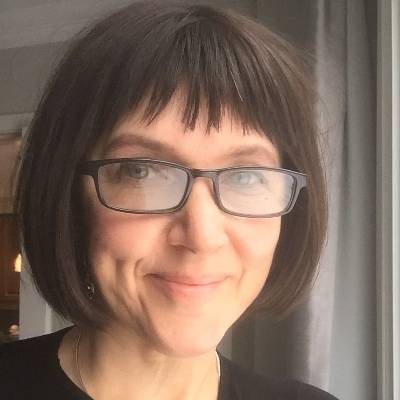Forever began as February ended.
Forever has lasted for several months now,
which is an ephemerally short time for a forever.
Someone will be born a half-a-century hence and in another twenty or twenty-five years,
He’ll realize from the stories of his elders
that forever has lasted for seventy or more years.
He’ll ask: “Is this forever?”
Nothing is forever, my young and distant friend.
Even the Sun and the Universe are not forever.
Forever will end once, as many other forevers have ended,
Even I, a mere mortal, have merited to witness the shattering into hundreds of shards
of a pentagrammic forever.
Anyone would think that there wasn’t ever any forever,
that there was only love, hope, and joy,
fleeting, ethereal, and eternal at the same time.
But today each one of us cordially thanks fate for the lives we had lived,
which we remember now as indisputably happy, viewed against the backdrop of a newly arrived forever.
~
Навсегда началась в конце февраля.
Навсегда длится уже несколько месяца.
Для навсегда это исчезаемо малый срок.
Кто-то родится через полвека и ещё спустя примерно двадцать – двадцать пять лет
Из рассказов старших осознаёт,
Что навсегда длится уже семьдесят или более лет.
Он спросит: «Это навсегда?»
Ничего не бывает навсегда, мой юный и далёкий друг.
Даже Солнце не навсегда и Вселенная не навсегда.
Однажды навсегда закончится, как заканчивалось не одно и не два навсегда,
Даже я, обычный смертный, сподобился лицезреть разлетающееся на сотни осколок
Пятиконечное навсегда.
И любому покажется будто и не было вовсе никакого навсегда,
А были лишь любовь, надежда и радость,
Мимолётные,призрачные и вечные одновременно.
И сегодня каждый из нас сердечно благодарит судьбу за прожитую жизнь,
Ставшую в памяти без тени сомнения счастливой на фоне наступившего нового навсегда.
***
Remember, Alyosha, the six-hundred-page anthology of anti-war poetry published in the winter of forty-two in Berlin?
The anti-Fascist poets were trying to find a language to say “nicht”, “nein” to war,
They censured the fatherland-aggressor, they spurned Goethe, Heine, and Schiller,
The acknowledged their collective responsibility,
They felt choked by an inexpiable guilt.
“So why didn’t you stop Hitler?”—asked the Red Army soldiers, tearing the pages for their hand-rolled cigarettes.
“An anti-Hitler stance is not enough—you must have a pro-Soviet stance!” the political officers explained.
Unfortunately, not a single copy of this anthology remains, Alyosha.
But there’s no doubt: there was such an anthology published in Berlin.
And no Hitler could prevent these anti-Fascist poets from saying no to war.
Because the Germans are a cultured nation, Alyosha.
~
Ты помнишь, Алёша, шестисот страничную антологию антивоенной поэзии, выпущенную зимой сорок второго года в Берлине?
Поэты-антифашисты искали язык сказать «нихт», «найн» войне,
Осуждали отечество-агрессора, отрекались от Гёте, Гейне и Шиллера,
Признавали коллективную ответственность,
Испытывали приступы удушья неискупимой вины.
«Почему вы не остановили Гитлера?» – спрашивали бойцы Красной армии, разбирая страницы на самокрутки.
«Антигитлеровского пафоса недостаточно, должен быть просоветский пафос!» – говорили политруки.
Ни одного экземпляра антологии, Алёша, к сожалению, не сохранилось до наших дней.
Но сомнений нет: была такая антология, выходила в Берлине,
И никакой Гитлер не мог помешать поэтам-антифашистам сказать «нет» войне,
Поэтому что немцы – культурная нация, Алёша.
* * *
The war be damned.
We’ve never lived so well.
So happily. Because there’s no more future.
All of last century, the future bilked us,
to benefit its own sweet self.
We paid the future tribute.
It never came, it was a flop.
We’d still live by it, by tomorrow, by our dreams,
if not for the war.
Now we live moment to moment,
in the here and now, since there’s no tomorrow for us.
We’d never know what life is
If not for the w
~
Будь проклята война.
Мы никогда так хорошо не жили.
Так счастливо. Ведь будущего нет.
Нас будущее обирало последний век
Во имя одного прекрасного себя.
Мы будущему дань платили.
Оно не наступило, не сбылось.
Мы б жили им, днем завтрашним, мечтами,
Когда бы не война.
Теперь мы живы мгновением одним
Здесь и сейчас, ведь завтра нет для нас.
Мы не узнали бы, что значит жить,
Когда бы не в
* * *
Come boys, to hell with notebooks,
Won’t need them in our school!
Here grownup men will teach you
How to kill but keep your cool.
Your friends are home and waiting,
Your mama made your bed.
But first let grownups teach you
How to kill yet not be sad.
The grownups are so patient,
You’ll learn it all with ease –
To kill but lead a happy life
And keep your inner peace.
~
К черту ручки и тетради,
Подчинись одной судьбе!
Здесь мальчишек учат дяди
Убивать не по злобЕ.
Дома ждут друзья и бляди.
Постелила мать кровать.
Здесь тебя научат дяди
Холоднокровно убивать.
Учат дяди терпеливо,
Учат, учат малышей
Убивать и жить счастливо,
Сохраняя мир в душе.
